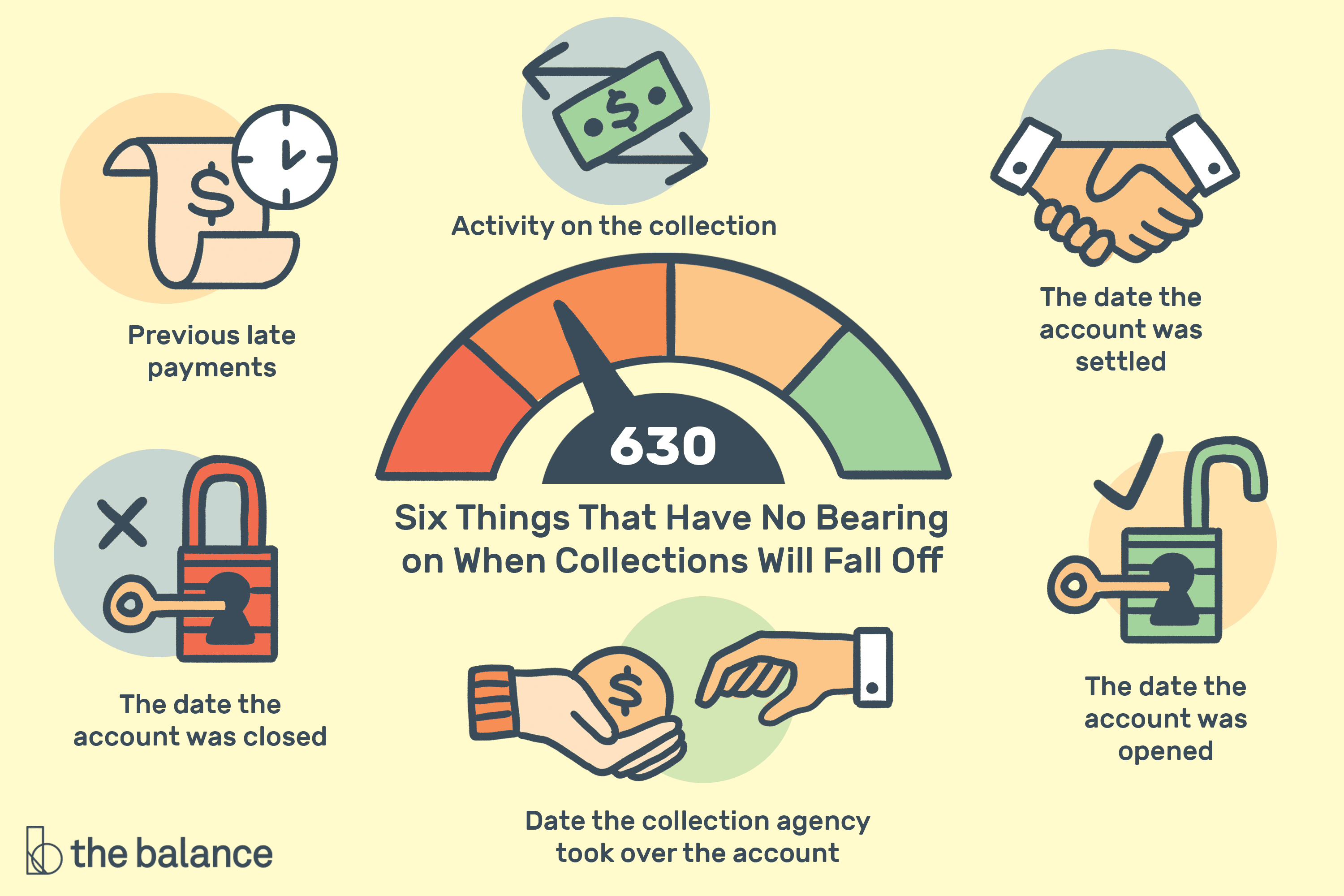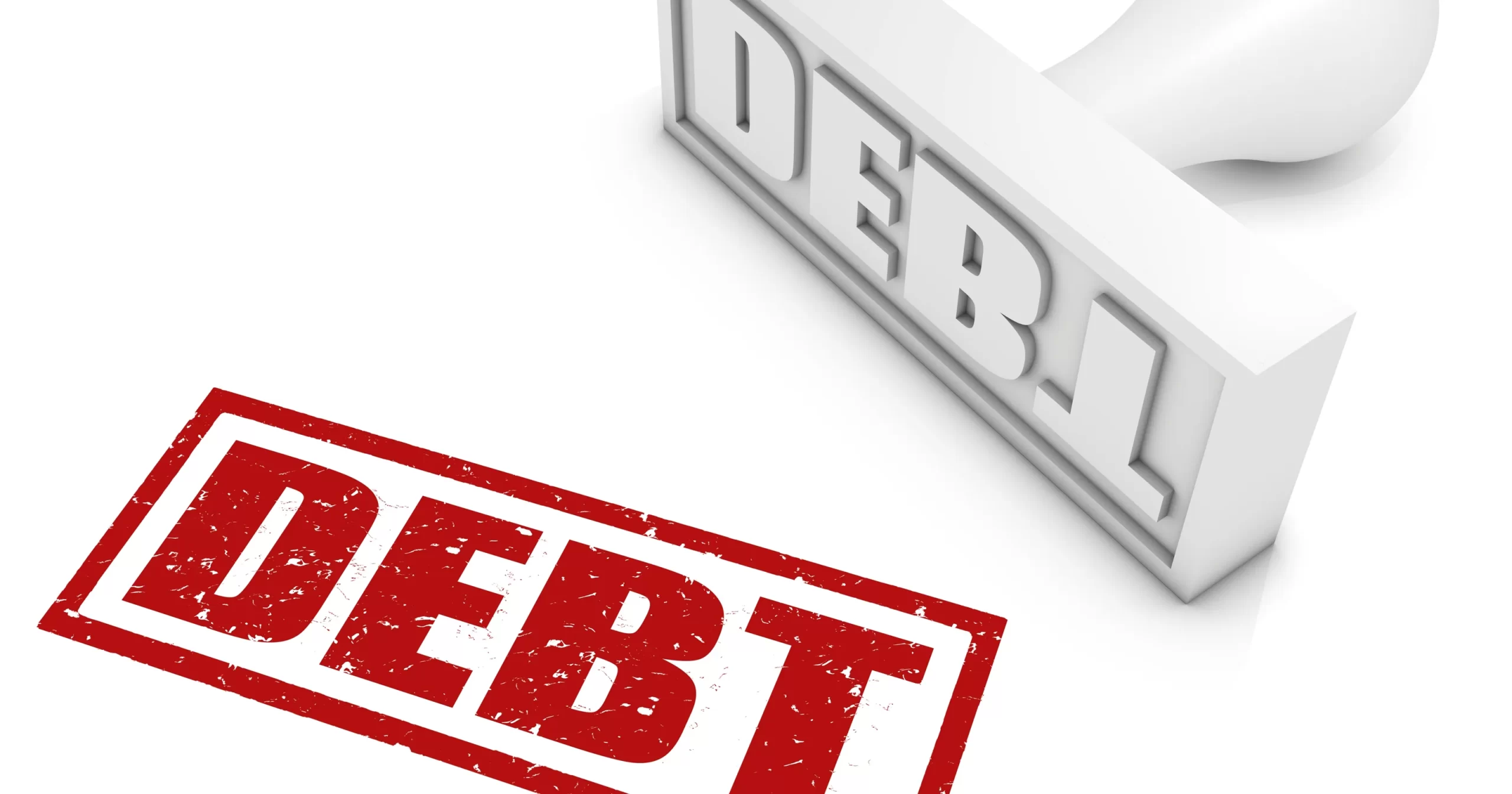Debt Collection Overview
Debt collection is a complex process that involves a debt collection agency reclaiming money owed to them by an individual or business. It can be a daunting experience for those involved in the process, but with the right approach, it doesn’t have to be. Understanding the basics of debt collection will help ensure successful collections and improve relationships between creditors and debtors.
A debt collection agency typically begins with an initial contact letter to remind the debtor of their outstanding balance. This is often followed up by phone calls, emails and other communication methods as needed. During these conversations, it’s important to maintain professionalism with both parties and keep all communications clear and courteous in order to establish trust and goodwill between them. The goal is always to negotiate an agreement that works for both sides while minimizing conflict whenever possible.
Know Your Rights
Are you looking for tips on how to successfully collect debt? Knowing and understanding your rights when it comes to collections is the first step.
When a creditor is trying to collect a debt from you, they must follow certain laws and regulations. It is important that you know what these rules are so that you can protect yourself, as well as ensure that all parties involved in the process abide by them.

The Fair Debt Collection Practices Act (FDCPA) sets out clear guidelines for how creditors can interact with consumers who owe them money. This act provides protection from abusive practices such as harassment, threats of violence, or using false statements to obtain payment. It also ensures that creditors provide accurate information about the amount owed and give consumers an opportunity to dispute any inaccuracies before taking legal action.
Document Everything
Document Everything is a key step to successful debt collections. Through proper documentation, businesses can protect themselves from any potential legal issues that could arise with their debtors. Additionally, records of all communications and payments will provide helpful evidence should the need for litigation arise when settling unpaid debts.
Businesses should be aware of the importance of documenting every step during the collection process from initial contact with debtors through to settlement. This includes providing detailed notes about phone calls, emails, conversations and other interactions with customers. Records should also include payment history and receipts as proof that payments were received in full or for only a portion of the amount owed. All documents must be kept in an organized fashion and stored securely in case they are needed at a later date for evidence or dispute resolution purposes.
Utilize Technology
Utilizing technology is essential for any successful debt collection. In today’s digital world, businesses must have the right tools to ensure they get their money owed. Technology can help streamline operations and increase efficiency when it comes to collecting debts. With the right software program in place, debtors can be easily tracked and managed without having to manually search through physical records or paperwork. Additionally, technology eliminates human error that could lead to incorrect payments or miscommunication with debtors.
The first step for any business looking to implement a debt collection system is to research what type of software is available on the market today. Options range from simple programs designed for small businesses all the way up to larger platforms equipped with powerful analytics and data tracking capabilities. Once a suitable program has been chosen, companies should be sure to properly train employees on how to use it before implementation begins.

Stay Professional
When it comes to debt collections, staying professional is a key factor for success. It can be difficult to interact with people who owe you money and maintain a level of professionalism, but it’s essential for the process to work effectively. Following these tips will help ensure that you remain professional while still finding success in collecting your debts.
First and foremost, stay calm throughout the entire process. No matter how frustrated or upset customers may be, keeping an even temper will help them take you seriously and make them more likely to cooperate with you. Additionally, keep your conversations focused on the subject at hand–debt collection–and avoid bringing up other matters that could distract from the task at hand.
It’s also important to remain respectful while speaking with customers; don’t forget that they are human beings and should always be treated as such.
Be Consistent
Consistency is an important factor when it comes to successful debt collections. Companies that take the time to develop consistent processes, procedures, and policies can reduce the amount of time spent managing delinquent accounts while increasing their rate of return on investments.
When it comes to debt collections, setting up a consistent process for collecting payments should be the first step in any company’s strategy. Companies should create templates for customer collection letters, establish payment reminders and set up automatic payment processes with customers who are reliable payers. Also, they should make sure that all documentation related to payments and customer communication is properly filed and stored electronically so it can be easily referenced later on.
